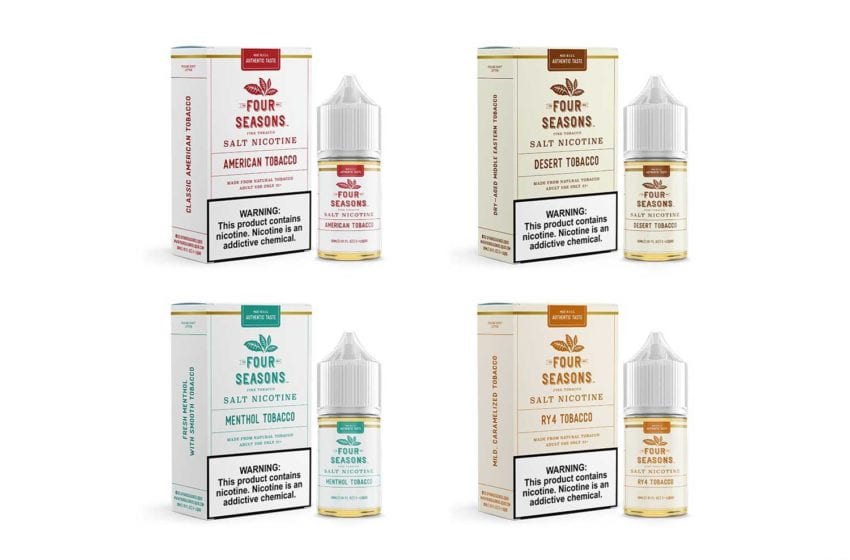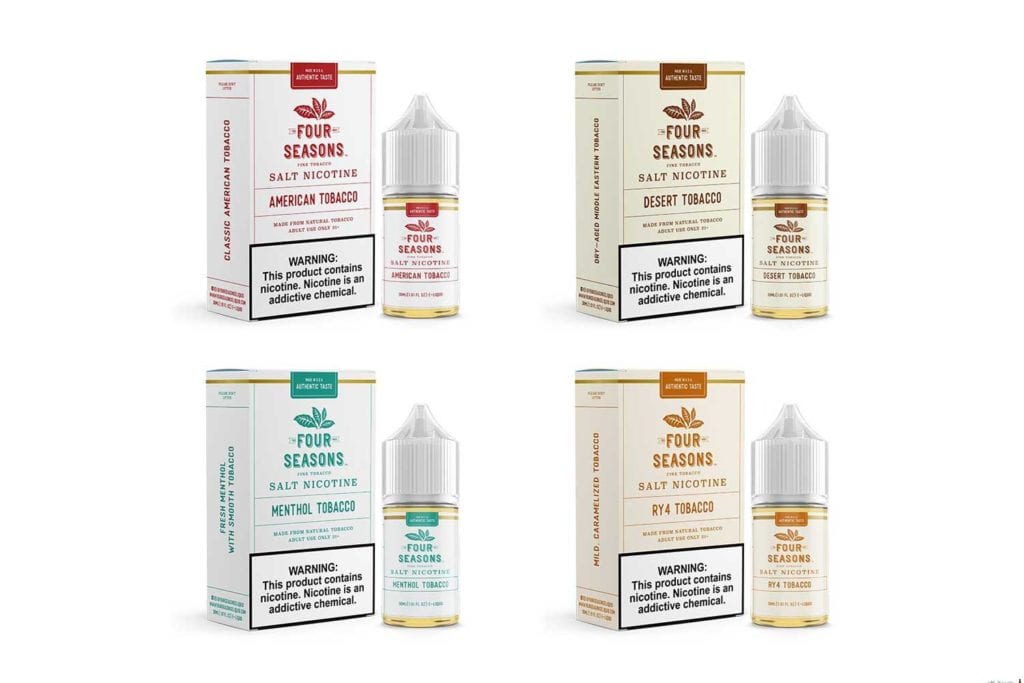
Philip Morris International (PMI) has appointed Jorge Insuasty to the position of chief life sciences officer, effective Jan. 15, 2021. Insuasty will report to the company’s CEO, André Calantzopoulos.
“Jorge’s wealth of experience across both the pharmaceutical and consumer healthcare industries makes him the ideal candidate to succeed John O’Mullane, who is retiring,” said Calantzopoulos in a statement. “Jorge is a transformational leader in science and medicine and excels in driving product portfolio development through to market success. Science and a consumer-focused product portfolio are the cornerstones of our ambition to replace cigarettes with products that are a better choice than continued smoking. Jorge’s impressive track record will help ensure we reach our goals and take full advantage of adjacent revenue-generating opportunities.”
Insuasty joins PMI from Sanofi, where most recently he was the global franchise head of immunology, oncology, and neurology for Sanofi Genzyme. During his nine-year tenure at Sanofi he led the company’s product pipeline strategy, from candidate selection through the development and regulatory review processes, with a dozen novel drugs approved. He orchestrated significant transformational change within the R&D and commercial functions to substantially increase speed and efficiency, fostered external collaboration and innovation, and was highly engaged with the investor community. Overall, he played a pivotal role in the turnaround of Sanofi’s R&D efforts.
Prior to Sanofi, Insuasty spent eight years at Novartis International as global head of development, neuroscience, and ophthalmology. Before that, he was vice president, research and development, consumer medicines at Bristol Myers Squibb. Insuasty holds an MD in cardiology from the University of Paris.
“I am very excited to join PMI,” said Insuasty. “The company’s transformation, and smoke-free vision represent a tremendous public health opportunity and a business challenge, both of which I will be thrilled to contribute toward. And I also look forward to developing adjacent future growth drivers.”
This appointment follows the recent announcement that John O’Mullane, PMI’s current chief life sciences officer, will retire.
“We thank John for the enormous contributions he has made these last two years, driving innovation and rigor into our life sciences function, and we wish him well in his retirement,” added Calantzopoulos.



















